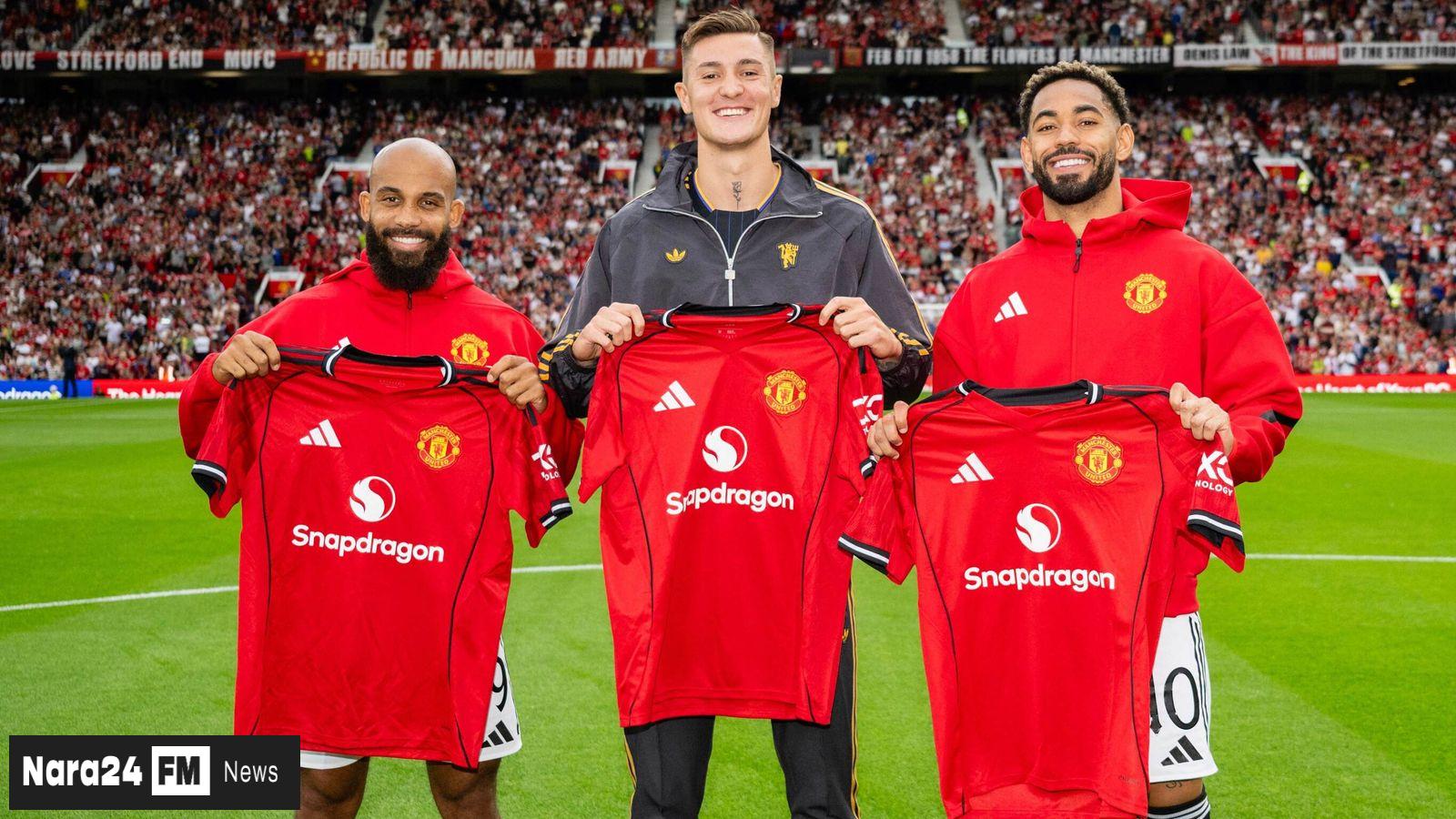Revamping the Red Devils' Attack
Manchester United entered Ruben Amorim's first summer transfer window under immense pressure to reverse their fortunes following a dismal 15th-place Premier League finish and a Europa League final defeat. The club splashed £232.4m on strategic signings, headlined by attackers Bryan Mbeumo (£71m from Brentford), Matheus Cunha (£62.5m from Wolves), and Benjamin Sesko (£73.7m from RB Leipzig), signaling a clear focus on offensive revitalization.
Squad Reshuffle: Key Departures
United offloaded several high-profile players to streamline their roster:
- Antony and Alejandro Garnacho sold permanently to Chelsea and Real Betis
- Marcus Rashford, Jadon Sancho, and Rasmus Hojlund loaned out
These moves aligned with the club’s strategy to shed underperforming assets and reduce wage costs.
Data-Driven Transformation
The recruitment team, led by director of football Jason Wilcox, adopted an analytics-based approach to address critical weaknesses. A glaring statistic drove their strategy: United scored fewer goals last season than all non-relegated Premier League teams except Everton. This prompted the emphasis on attacking signings despite defensive needs remaining unaddressed.
Four-Pronged Evaluation
Club officials assessed their transfer success through key metrics:
- Squad improvement compared to 2024/25
- Acquisition of primary targets
- Alignment with age, profile, and cost parameters
- Effective clearance of surplus high earners
While progress is evident, executives acknowledge the long road ahead to challenge rivals like Manchester City and Liverpool.
Balancing Ambition With Reality
Financial constraints forced United to prioritize immediate firepower over defensive reinforcements. Amorim endorsed this phased rebuild, understanding multiple windows are needed to correct years of mismanagement. The club now aims to gradually close the gap with top-tier teams through sustained strategic planning.








Comments (0)
Leave a Comment
Be the first to comment on this article!